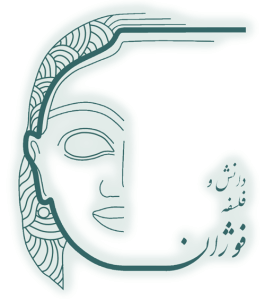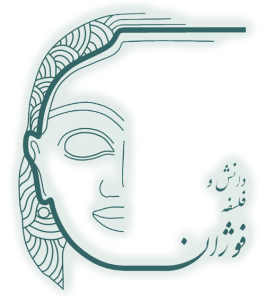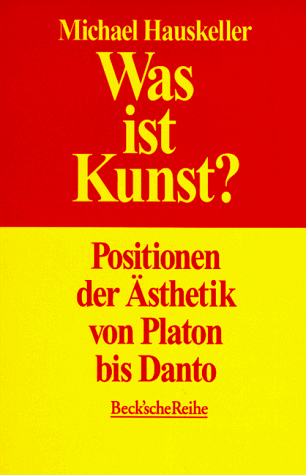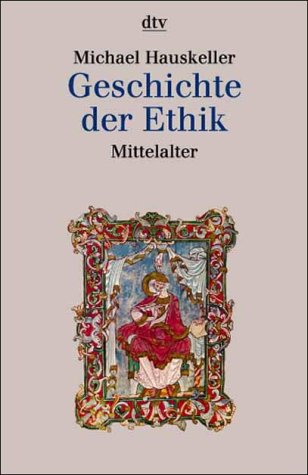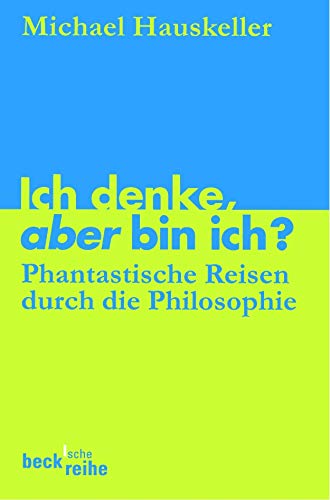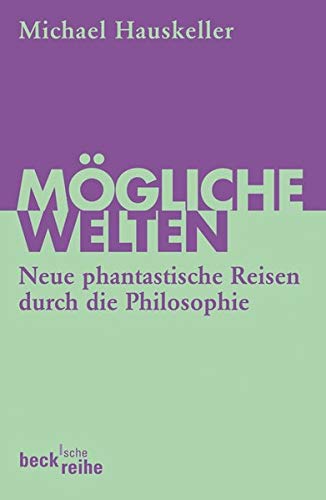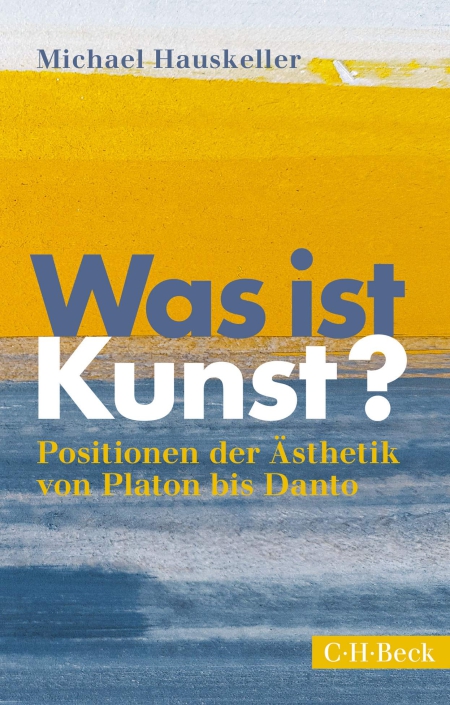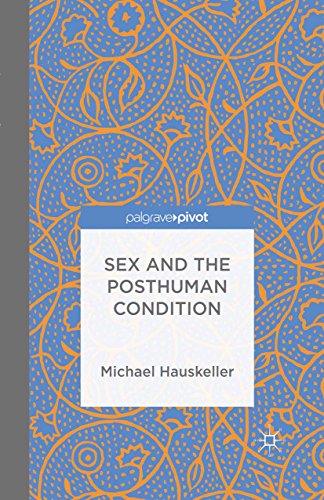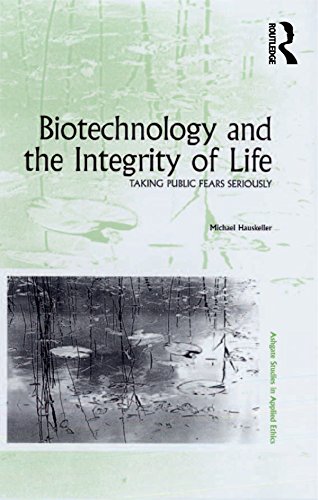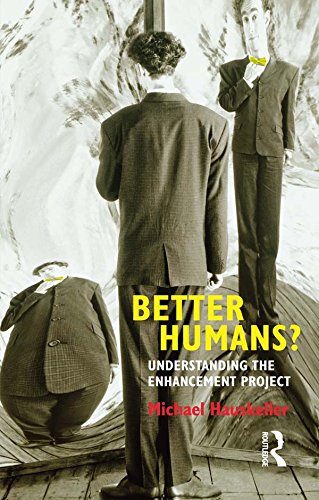Michael Hauskeller
Michael Hauskeller
- The University of Liverpool https://www.liverpool.ac.uk/philosophy/staff/michael-hauskeller/?
Main interests:
- Moral philosophy (Applied Ethics and Metaethics)
- Aesthetics (Philosophy of Art, Philosophy of Beauty)
- Epistemology (Scepticism and Common Sense, Theories of Sense Perception)
About Hauskeller
- Habilitation in (and venia legendi for) Philosophy at the University of Darmstadt, Germany, 2001.
- PhD (Dr. phil.) in Philosophy at the University of Darmstadt, Germany, 1994.
- M.A. in Philosophy, German and English Literature at the University of Bonn, Germany, 1990.
University of Liverpool:
- Professor of Philosophy, Department of Philosophy, 2018-
- Head of Department, Department of Philosophy, 2018-
University of Exeter:
- Professor of Philosophy, Department of Sociology, Philosophy and Anthropology, 2015-2017
- Head of Discipline, Department of Sociology, Philosophy and Anthropology, 2013-2016
- Associate Professor of Philosophy, Department of Sociology and Philosophy, 2006-2014
- Wellcome Trust Research Fellow, ESRC Centre for Genomics in Society, 2004-2006.
- Visiting Research Fellow, ESRC Centre for Genomics in Society, 2003.
Research Institute of Philosophy, Hanover:
- Research Fellow, 2003-2004.
University of Darmstadt:
- Privatdozent, Department of Philosophy, 2001-2003.
- Research Fellow & Lecturer, Department of Philosophy, 1996-2001.
- Part-time Lecturer, Department of Philosophy, 1992-1996.
Recent Research Projects (since 2005)
Biotechnology and the Integrity of Life – It is a common idea among scientists and philosophers that medical research and medical practices can only be wrong if they increase the suffering of living beings. However, some things can be done to living beings that do not involve or produce any suffering on their side and are still considered morally wrong by a large proportion of the public. Often when such concerns are expressed, they are rejected because there is no rational basis. Yet some attempts have been made to give these concerns a philosophical foundation by introducing the term “integrity” into the debate. The word “integrity” has long been used to denominate a certain moral quality in persons, but today the concept is also applied to animals, plants, landscapes, and ecosystems. The project aimed to determine how the term “integrity “had come to signify a morally relevant property of living beings, when this usage started, on what lines it has evolved and how this change in reference has affected the concept’s Meaning. The result is a book that was published in November 2007 by Ashgate (Biotechnology and the Integrity of Life), which gives a systematic account of the concept of integrity, its history, and its usage and function in current ethical debates on the moral legitimacy of certain kinds of biomedical research and practice.
Transhumanism and the Philosophy of Human Enhancement – Since 2007, I have been looking into current transhumanist philosophies, their key ideas, and the history of these ideas. Key transhumanist ideas are human self-design, the elimination of all suffering, the achievement of perfection and immortality, and the complete defeat of (human) nature. To understand these ideas better and to be able to evaluate them properly, I’ve looked into their history, followed their development and identified their mythical status. The object was to clarify what we as human beings are, what we want to, or ought to, become, and what technological advances are worth striving for. This strand of my research resulted in more than 15 papers and four books, including Better Humans? Understanding the Enhancement Project, which was published in April 2013 by Acumen (now Routledge), Sex and the Posthuman Condition (Palgrave Macmillan 2014), The Palgrave Handbook of Posthumanism in Film and Television (ed., Palgrave Macmillan 2015), and Mythologies of Transhumanism (Palgrave Macmillan 2016).
Death and Meaning – I recently started with this new project, which follows up on some of my ideas in the human enhancement debate. It has been argued that death undercuts Meaning because as long as our lives will have to end someday, our lives cannot be meaningful. That certainly plays a part in why death is often perceived as the greatest evil: not merely because it ends our lives, but because it renders all we do meaningless. For this reason, we need to do everything in our power to stop the presently inevitable decline of our bodies and extend the human lifespan indefinitely. Yet there is also the opposite view that, far from taking the Meaning out of life, death, or mortality, is a precondition of a meaningful life. An immortal life would necessarily be devoid of Meaning. Death cannot be both a precondition of a meaningful life and an obstacle. So which is it? To find out, we need to answer several questions, beginning with what exactly we mean when we talk about Meaning, and in what way we have to die can be thought to undercut purpose. But we must also ask whether life will inevitably become meaningless in indefinitely extended life. Can we only see the value in things if they are fragile and bound to perish? Why should it be necessary for life to have a beginning and an end? Would that imply that it too will have to end one day for the world to have Meant? And why should we need a final purpose instead of an open-ended sequence of drives to find Meaning in life? The project intends to answer these questions.
